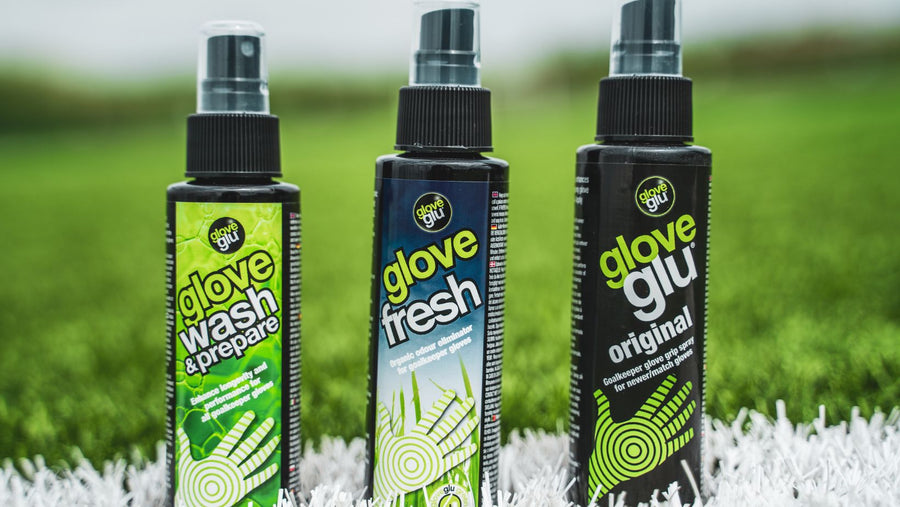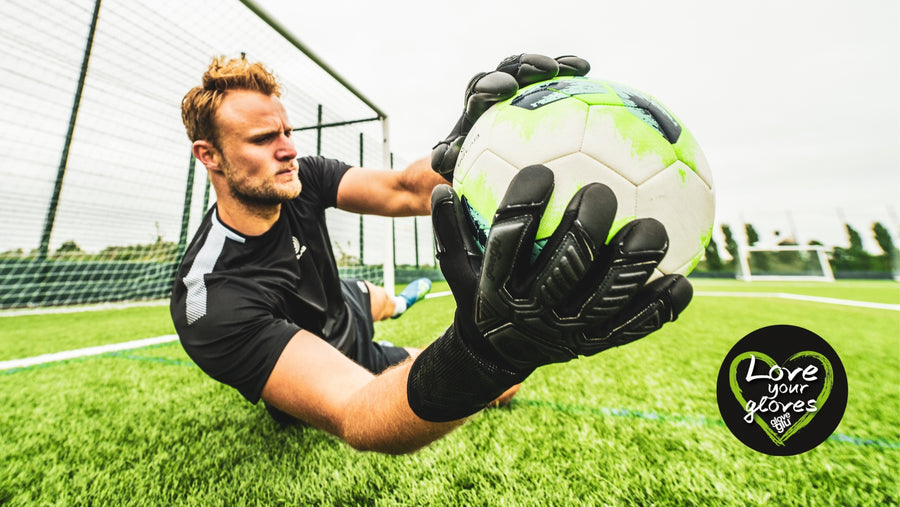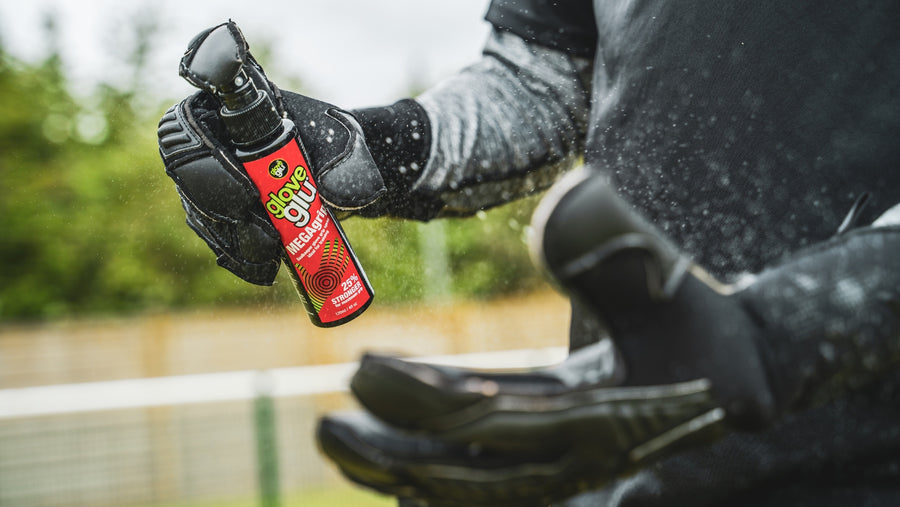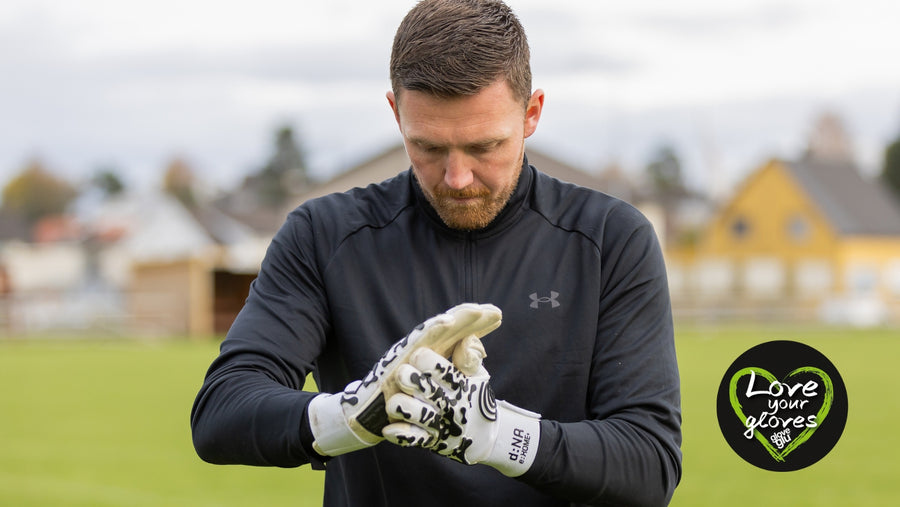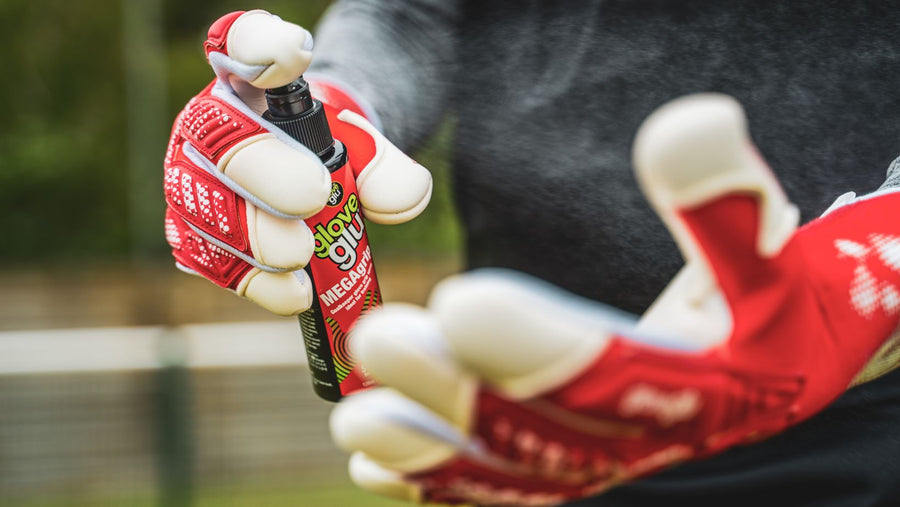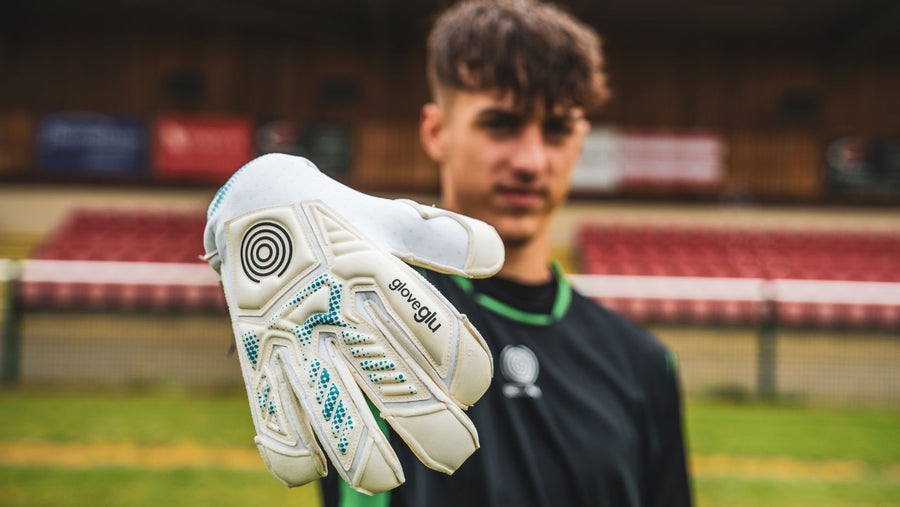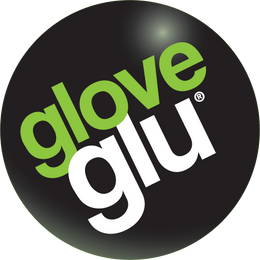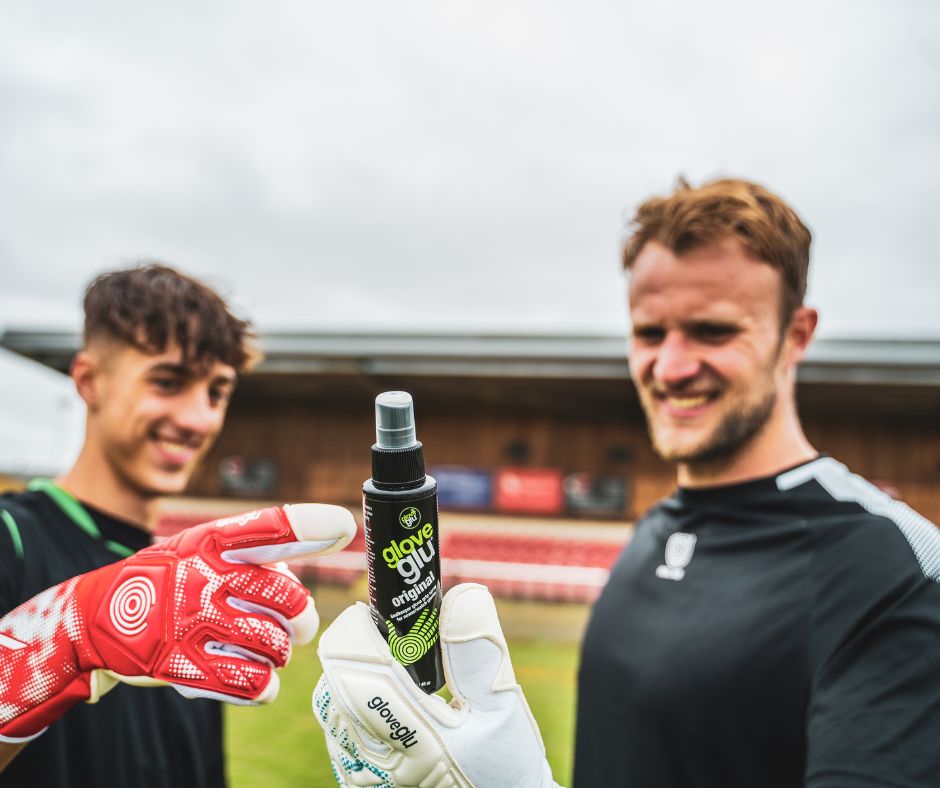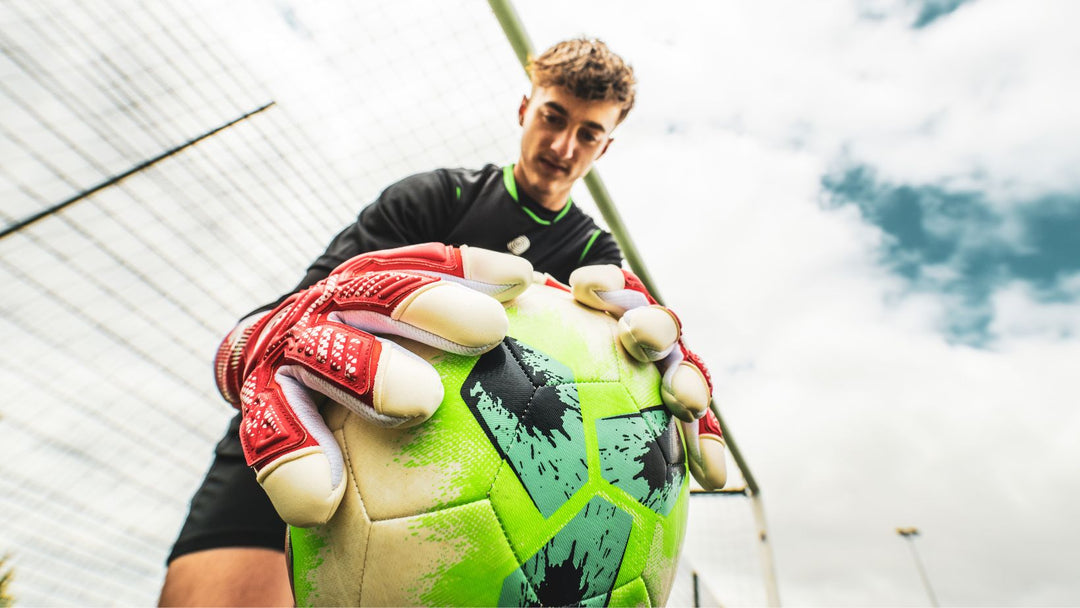Fuel the Machine
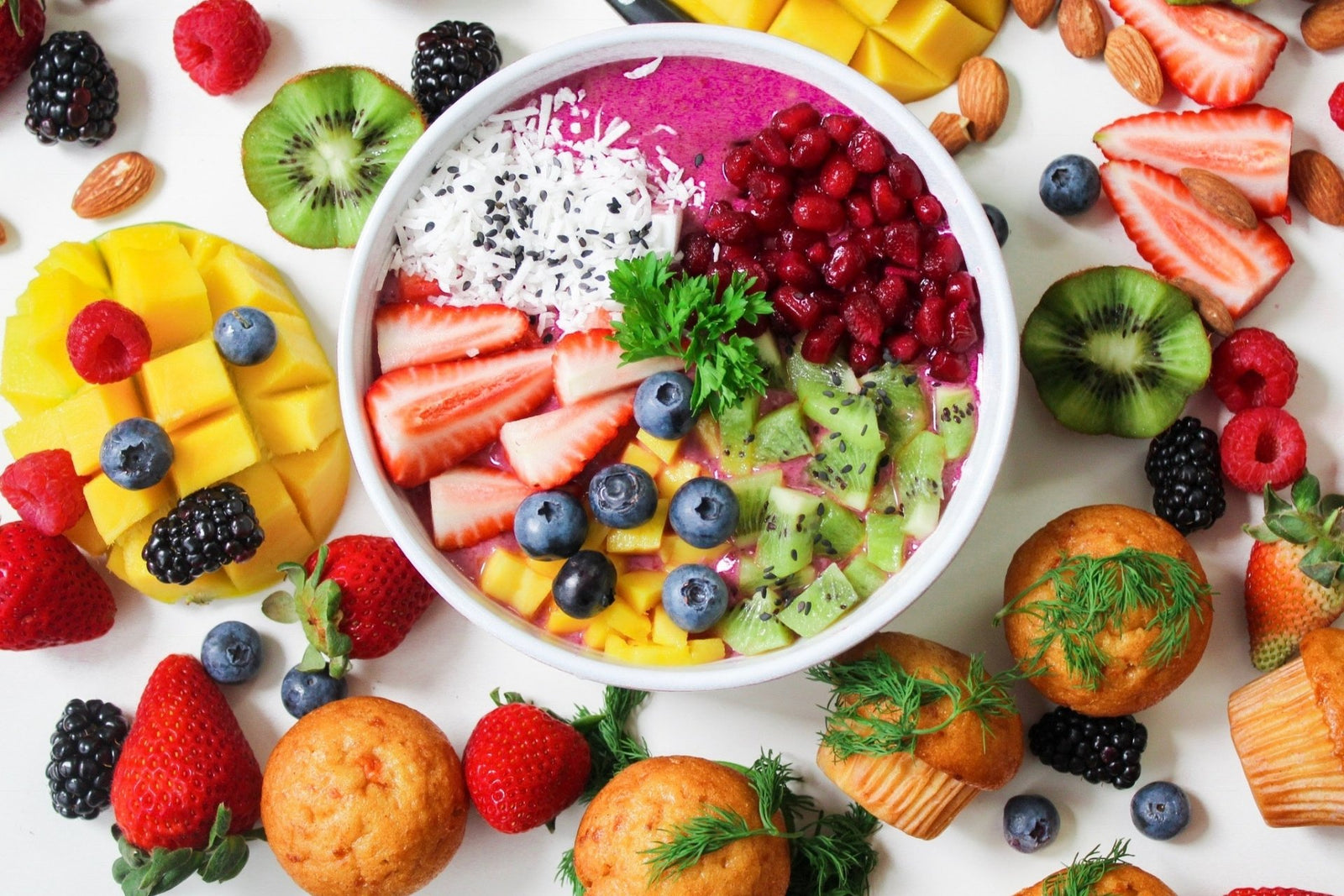
Today’s goalkeeper needs to be a super hero – speed, strength, courage, energy, reflexes, coordination, agility, skill, decisiveness, and determination. It’s no longer the fat person who gets put in goal just because they take up the most space.
There’s an old adage that says, “You are what you eat”. If you want to be a fireball of energy, a steel ball of muscle, or a butterball of fat, it’s going to depend on what you put into your body and how you train your body.
Good nutrition is a key aspect to the performance of any keeper. If you’ve ever felt tired during training, or worse during a game, it may be that your nutrition needs are lacking. Consuming the right foods at the right time can ensure that you have sufficient energy levels to get you through your toughest training and game. It also enables your body to recovery faster, your muscles to grow stronger, and your mind to stay sharper.
Fuel the machine and see the results!
Studies have shown that having a fueling and hydration plan for competition can improve performance. In this article, we’ll explore how proper nutrition can help players meet the physiological demands of soccer, and we’ll lay out specific guidelines and suggestions to help you create a nutritional plan that meets your personal needs.
Key concepts
- Eating a healthy diet daily lays the foundation for an athlete’s training and performance.
- Nutrition before, during and after exercise has been documented to reduce fatigue, improve performance, prolong endurance, decrease muscle damage and speed recovery.
- Maintaining proper hydration and electrolyte balance is essential.
The physiological demands of soccer
- Short, intense bursts of activity are combined with moderately intense exercise (anaerobic and aerobic) and occasional rest periods.
- Players run an average of 10 kilometers (six miles) per game, with total physical activity ranging from 90 minutes to two hours.
- Sweat losses (salt loss) may be as much as three liters (100 ounces) in the heat.
- Strength is also an essential component of soccer performance.
How does nutrition interact with these physiological demands?
Intensity
Due to the prolonged and vigorous nature of the sport, carbohydrates are a soccer player’s main fuel. Good carbohydrate sources include bagels, cereals, beans, rice, pasta, bread, pretzels, fruit, juice, potatoes, beans, whole-wheat bread and tortillas.
The body stores carbohydrates in the muscles as glycogen, but these stores are limited and need to be constantly replenished. Small meals and snacks throughout the day can help keep energy levels high. Glycogen depletion can lead to fatigue, both physical and mental, and performance may be compromised as players lose the fuel they need to think and make good decisions on the field.
What does this mean? To conserve muscle glycogen and prevent fatigue, have a carbohydrate/sports drink before and during practice sessions and games.
Endurance
Players need to eat a balanced diet every day, from every food group, and keep themselves well-hydrated.
Sample of a balanced meal plan for athletes:
- grains: 8–15 servings (55–65 percent, three or more from whole grain)
- protein: 5–7 ounces (lean sources)
- fruits: 2–3 cups (variety)
- vegetables: 2 ½–3 cups (variety of intense colors)
- dairy: 3 cups (lowfat or nonfat)
- fats/oils: 6 tablespoons (heart-healthy)
- sugars: 200–300 calories (usually from training supplements)
Note that this is a sample meal plan. Everyone has individualized needs based on resting metabolic rate, exercise duration, intensity, current training status and body weight.
Hydration
Muscle cramps are the most notorious effect of dehydration, but even a small amount of dehydration can affect performance. Do you know your sweat rate? Are you a salty sweater? Your electrolyte needs may increase when the weather is humid or hot. Carbohydrate-electrolyte drinks are essential for practices and matches lasting over 60 minutes.
The best way to avoid dehydration is to consume fluids throughout the day. Your urine should look like lemonade, not like apple juice. Carry a water bottle with you, stop at drinking fountains and take drinks early and at regular intervals during practice sessions and games.
Strength
To build strength, you need high-quality protein in small amounts throughout the day: fish, lean meats, eggs, tofu, nonfat milk, yogurt, nonfat cottage cheese, etc. Large amounts of protein are not necessary.
Sufficient carbohydrate intake promotes muscle synthesis (growth). Consuming carbohydrates before, during, and after play conserves protein, allowing it to do its work with the muscles. If your body lacks carbohydrates, protein will be used as fuel, making it impossible for your body to build muscle. In extreme cases, the muscle tissue itself will be broken down and used as fuel!
Avoid high-protein/low-carb diets, as these lower your glycogen levels, leading to fatigue and a decrease in intensity of up to 50 percent!
Before and after strength training, you should eat carbohydrates and protein in a 4:1 ratio. Examples: a whole-grain waffle with peanut butter, juice with cheese/yogurt, a banana with a handful of nuts, a bowl of cereal with nonfat milk, toast with nonfat cottage cheese, a lean meat sandwich, trail mix, a sports bar, etc. And don’t forget to hydrate!
Specific guidelines for competition and training
The day before competition:
Objective
Eat high-carbohydrate meals the day and night before a match to fuel your muscles. These meals should consist of two-thirds carbohydrate (bread, bagels, pasta, rice, tortillas, potatoes, cereal, fruits, juices, vegetables, yogurt and milk) and one-third protein (lean red meats, poultry, fish, shellfish, eggs, milk, cheese, soy products, beans, nuts/nut butters and seeds). Fried or fatty foods will not fuel your muscles or enhance performance.
Sample meals:
- pasta with red sauce
- rice bowl
- baked potatoes with lean meat and veggies
- Chinese food with rice
- bean and cheese burritos
- waffles and peanut butter (yes, it’s OK to have breakfast food at night!)
- thick-crust pizza with veggies/Canadian bacon
- fruit or juice with meals or during the day
- lean meat sandwich
Hydration
Make sure you are drinking water, juices and sports drinks throughout the day to stay hydrated.
Breakfast on match day
Objective
Breakfast refuels your body to replace the energy it used while you slept. It also helps you think better. Once again, the breakfast should be high in carbohydrates and low in fat, with a small amount of protein (depending on tolerance and time of event). If your event is 2–3 hours or more after breakfast, this should be a substantial breakfast.
Sample meals:
- waffles with peanut butter and fruit
- large bowl of cereal with milk and banana
- fruit or yogurt smoothie and a piece of toast
- granola bar or energy bar
- peanut butter sandwich and juice
- oatmeal
- bagel, egg and cheese sandwich
- yogurt mixed with cereal and fruit
What if I’m too nervous to eat?
If you find you’re unable to eat a large breakfast at one sitting, eat half and then wait an hour or so before eating the rest.
Studies have shown that getting something into your system can improve performance. Anxiety can affect gastric emptying and cause stomach distress, so choose foods that are liquid or semi-liquid. Examples: yogurt, honey, applesauce, banana, pudding, sports drink, carbohydrate gel or liquid supplement (chilled if possible).
Nutrition conditioning—i.e. training your gut by eating the same meals and snacks in training that will be used in competition—can also be helpful.
What if my event is early in the morning?
Have your breakfast (e.g. bowl of cereal) as a late-night snack the night before. The day of your event, wake up and drink 8–16 ounces of sports drink, try a packet of carbohydrate gel washed down with water, or drink a glass of juice. Aim for 100 calories.
Before the match
Objective
Give your body carbohydrates to maximize blood sugar and glycogen stores, get rid of hunger feelings and help you think clearly. The challenge is deciding what foods you can tolerate and when. Foods should be high in carbohydrates, low in fat and low in fiber, with a moderate amount of protein.
Meals 3–4 hours before match:
- lean meat sandwiches with pretzels and fruit
- lowfat cheese and ham tortilla wrap with baked chips and juice
- broth-based noodle or rice soup with crackers
- cold pasta salad with cheese and sports drink
- peanut butter sandwich with banana and crackers
Snacks 1–2 hours before match:
- bagels
- toast
- yogurt
- graham crackers
- dry cereal
- pretzels
- trail mix
- fig newtons
- energy bars
- animal crackers
- rice cakes
- canned or fresh fruits
- juice
- oatmeal cookies
Tips
If you are a heavy sweater and/or have two competitions in one day, eat more salty snacks (e.g. pretzels, lowfat crackers or broth-based soups) to help retain fluids and maintain good hydration. As you get closer to competition, rely more on liquids and small snacks: carbohydrate gels/jelly beans, pudding, juice, sports drinks, honey, etc.
Between matches
Matches more than two hours apart. Meals should include both carbohydrates and protein:
- lean meat sandwich
- nonfat yogurt with cereal
- tortilla wrap or pita sandwich with a piece of fruit
- peanut butter sandwich and juice
- bagel with lowfat cream cheese and a fruit smoothie
- pasta salad
- rice bowl
- leftover high-carbohydrate dinner if tolerated
Matches less than two hours apart. Meals should include mostly carbohydrates:
- lowfat crackers
- high-carbohydrate energy bars
- fig newtons
- smoothies
- juices, bagels
- dry cereal
- yogurt
- animal/graham crackers
- toast
- pretzels
- vanilla wafers
- fruit leathers
- bananas
- meal-replacement drink
- English muffins
- dried fruit
- trail mix
- sports drink
After matches
Objective
To restore muscle glycogen, repair muscle damage and replace fluid and electrolytes, athletes should refuel and rehydrate within 30 minutes after the event. This 30-minute window of opportunity helps to maximize recovery, enabling players to bounce back for future training and events.
Guidelines
Fluids: Replace 24 ounces for every 16 ounces lost during the event. Including sodium in the recovery plan is beneficial. Examples: sports drink, recovery drink, meal-replacement drink or chocolate milk.
Carbohydrates: Eat half a gram per pound of body weight.
Protein: Aim for 10–20 grams of protein.
Quick foods to eat within 30 minutes
- bagel with peanut butter and 24 ounces of sports drink
- sports bar and sports drink
- lowfat chocolate milk
- bowl of cereal with dried fruit and nuts, plus fluids
- leftover sandwich with juice and water
- yogurt with bagel and water or sports drink
- fruit with crackers and cheese, plus water or sports drink
- protein/carbohydrate repletion drink or meal-replacement drink
- thick-crust veggie-and-cheese pizza with fruit and water
- What if I don’t feel like eating right after my event?
Focus on liquids. Lowfat chocolate milk is a great replacement drink for the crucial 30-minute time frame!
Traveling
Objective
Plan ahead for meals, snacks and fluids. Buy a lunch box or insulated bag that can keep food chilled, and pack your familiar foods the night before your match. Consider putting a frozen bottle of water or sports drink in your lunch box to keep foods chilled.
Suggestions for eating on the road:
- single-patty burgers (instead of “monster burgers” with bacon and cheese)
- sandwiches with turkey, chicken or roast beef (instead of chicken salad or salami) with lots of veggies
- grilled chicken sandwiches or salads (instead of fried chicken)
- grilled (not fried) meat or fish
- pasta with red sauce (instead of cream sauce)
- stir-fried vegetables and steamed white rice (instead of fried egg rolls or dishes with a lot of meat)
- waffles, pancakes, grits, scrambled eggs or grilled ham (instead of bacon, sausage or biscuits)
- thick-crust pizza (whole-wheat is good) with vegetables and Canadian bacon (instead of a pepperoni, sausage or “meat lover’s” pizza)
Hydration
Are fluids really that important?
Yes! Being only slightly dehydrated can decrease strength, speed, stamina, energy and cognitive processes while increasing the risk of injury
Before the match
Drink 16 ounces of sports drink two hours before the event (urine should be light-colored but not clear).
Drink 8–16 ounces of sports drink 15 minutes before the event.
During the match:
Drink as often as possible.
After the match:
Drink 16–24 ounces of sports drink.
Why are sports drinks better than water?
They are formulated to taste better than water, which encourages rehydration. They also provide sodium, which helps the body retain more fluids, and carbohydrates for muscle glycogen.
copyright: successinsoccer.com
